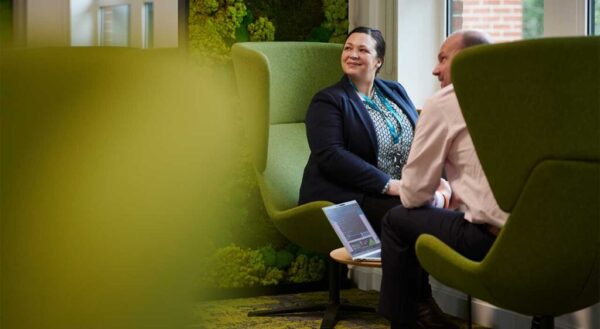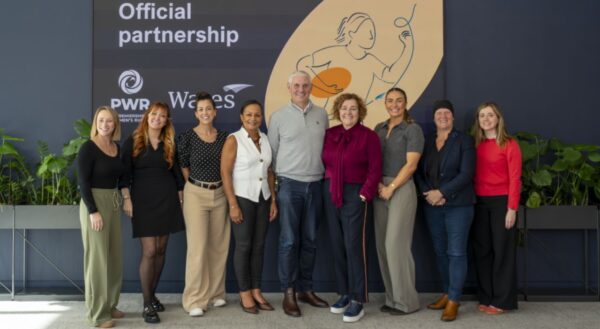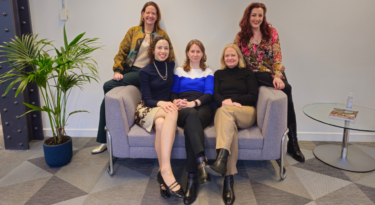Steff Battle, Executive Managing Director of Wates Construction, shared his insights on allyship with Construction Management magazine recently. Read the full transcript of his interview below.
Why do you think allyship is important?
The importance of allyship is self-evident – it’s quite simply the right thing to do. Our industry is still predominantly white men like myself and this is neither fair or reflective of the communities we build for. An inclusive business is a better business and when we achieve true diversity in the construction sector, I think we’ll be much stronger because of it.
How can construction leaders be better allies/support inclusion?
One of the best qualities in a leader is knowing when and who to listen to, and we can’t be effective allies without listening to those we are allying with. One programme that’s been very successful at Wates and I am very proud to be a part of is Partnerships for Change. This sees senior leaders reverse mentored 1:1 by colleagues from minority groups, letting us learn from their lived experience and enact meaningful change across our business that considers inclusion blind spots and invisible ceilings.
It’s not just about backing initiatives – it’s about standing beside colleagues who’ve shared what it’s really like to navigate the industry as a member of a marginalised group. From stories of being overlooked in meetings or on site, to moments where someone finally felt seen after speaking up in a safe space, these experiences have power. We have got to listen and use our privilege and position to amplify these voices accordingly.
Have you helped Wates introduce policies to support allyship/inclusion? If so, what are these? What other policies does Wates have to support these?
Wates has a network of policies in place to support allyship and inclusion, from employee networks such as R.A.C.E (Religion, Ancestry, Culture & Ethnicity) & Allies Network to our accreditation as a Level Three Disability Confident Leader, which recognises our commitment to inclusive practices for those with visible and invisible disabilities and long-term health conditions.
Where I’ve really focused on elevating these policies within my Construction business is specifically on championing a better gender diversity, celebrating the women who already work in this industry and showcasing the opportunities available within it. I’m proud to be a sponsor and judge of the Women in Construction Awards, which champions the talent and innovation that women bring to the sector.
Likewise, I believe setting up networking opportunities for all our people to learn from highly experienced women such as Dr. Carol Massay, CEO of Unity for Construction, or Faye Allan, author of Building Women, is a way experience can be shared across our industry. Bringing in outside perspectives is vital to ensure we’re not siloed in our approach and pushes us to grow in new directions.
Whose responsibility is making workplaces inclusive?
Inclusion isn’t optional. It’s essential for a successful and well-rounded business, sector and society. While it’s the responsibility of everyone in the workplace to embody inclusive behaviour, if it’s not championed via a top-down approach – loudly, overtly and supported by active initiatives – it can only go so far.
As a leader of a construction business, it is absolutely my responsibility to promote allyship and inclusivity. While I’m proud of the work I do, I don’t think it’s a journey with an end point – there’s always more I can learn.






